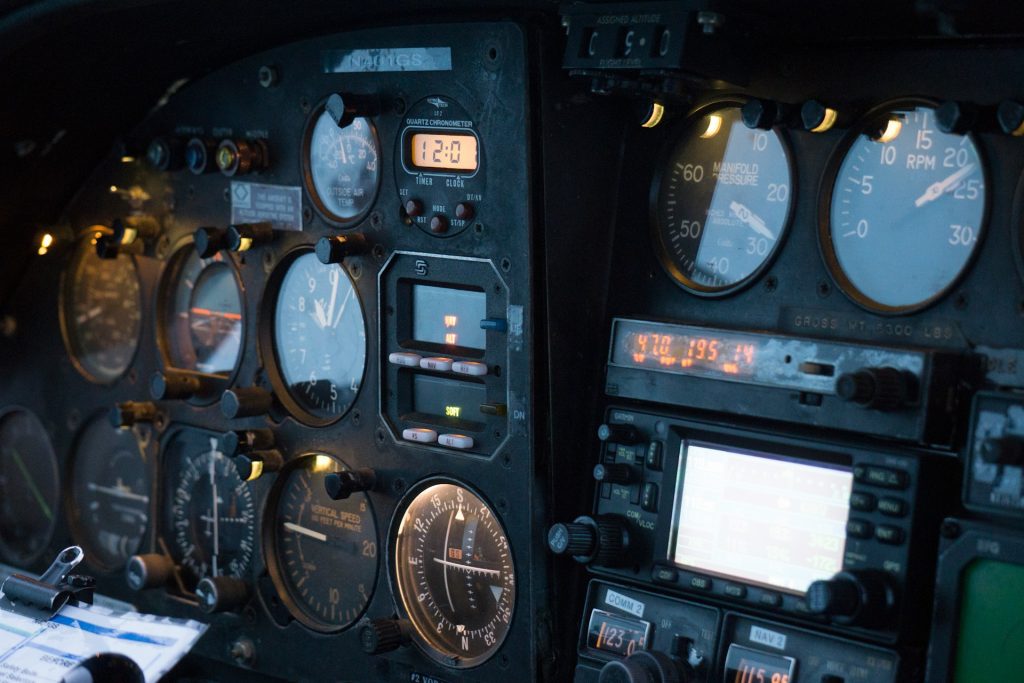Alicante-Elche Airport, located in Spain’s Costa Blanca, is not only one of the busiest airports in the country but also a beacon of safety and efficiency in managing emergency situations. This airport has established a comprehensive framework for handling a variety of emergencies, ranging from medical crises to security threats and natural disasters. This article delves into the intricacies of the protocols, technologies, and training that enable Alicante Airport to maintain high safety standards and effectively respond to emergencies.
Emergency Management Framework
Alicante Airport operates under a well-structured emergency management framework that includes coordination with various local and national authorities. The airport has an Emergency Plan, which is a comprehensive document that outlines the procedures for responding to different types of emergencies. This plan is in compliance with Spanish national aviation regulations and international standards set by the International Civil Aviation Organization (ICAO).
Coordination with Local and National Authorities
The effectiveness of Alicante Airport in managing emergencies is significantly enhanced by its coordination with local fire departments, police, hospitals, and disaster response teams. These entities work in tandem during emergencies to ensure a swift and coordinated response. The airport regularly conducts joint drills with these bodies to simulate different scenarios, from fire outbreaks to terrorist attacks, ensuring that all teams are familiar with their roles and can operate seamlessly.
Technology and Infrastructure
Alicante Airport is equipped with state-of-the-art technology that aids in the detection, communication, and management of emergency situations. Advanced surveillance systems and sensors throughout the airport help in early detection of potential threats, such as unattended baggage or suspicious behavior. The airport’s control center uses this information to quickly assess situations and coordinate with the appropriate emergency services.
Communication technology plays a crucial role in the management of emergencies. Alicante Airport utilizes a centralized communication system that allows for real-time information sharing between the airport operations center, emergency responders, and relevant authorities. This system ensures that all parties have access to up-to-date information, facilitating effective decision-making and response execution.
Training and Preparedness
Training is a critical component of Alicante Airport’s emergency readiness. All airport staff, including security, operations, and administrative personnel, undergo regular training on emergency procedures. This training includes evacuation drills, first aid, firefighting, and handling of hazardous materials. Specialized training sessions are also provided for handling specific scenarios like bomb threats or airplane hijackings.
Moreover, Alicante Airport conducts regular emergency drills involving actual deployment of resources. These drills not only test the responsiveness of emergency teams but also the effectiveness of the airport’s emergency infrastructure, such as alarms, sprinkler systems, and emergency exits. Feedback from these drills is used to continuously improve response strategies and update the Emergency Plan.
Case Studies: Real-Life Incidents
The robustness of Alicante Airport’s emergency handling capabilities can be illustrated through several past incidents:
Medical Emergency Response: Alicante Airport has handled numerous medical emergencies, efficiently coordinating with medical personnel and ensuring quick transport of patients to nearby hospitals. The airport is equipped with medical facilities and trained staff to provide immediate care.
Security Threats: In one notable instance, a potential security threat led to the temporary evacuation of a terminal. The airport’s security team, in conjunction with the national police, managed to swiftly neutralize the threat, demonstrating effective communication and rapid response capabilities.
Natural Disasters: Alicante, being susceptible to forest fires during the dry season, has seen the airport’s emergency teams working closely with regional firefighting units to manage smoke and potential fire threats from nearby areas.
Continuous Improvement and Future Plans
Alicante Airport’s commitment to safety and efficient emergency management is ongoing. The airport continuously seeks to integrate new technologies and best practices into its operations. Future plans include enhancing the use of artificial intelligence in surveillance and emergency management, improving the structural resilience of airport facilities, and further strengthening ties with international emergency response agencies.
Conclusion
Alicante Airport’s adept handling of emergency situations is a testament to its preparedness, advanced technological infrastructure, and strong coordination with local and national authorities. Through continuous training, rigorous drills, and a well-defined emergency management framework, the airport ensures the safety of its passengers, staff, and the surrounding community. As emergencies evolve in complexity, Alicante Airport is well-positioned to adapt and respond effectively, maintaining its reputation as a safe and reliable gateway to Spain’s Costa Blanca.
Frequently Asked Questions (FAQs)
What is Alicante Airport's emergency management plan?
Alicante Airport has a detailed Emergency Plan in compliance with both Spanish national regulations and international standards, which outlines procedures for handling different emergencies, including medical crises, security threats, and natural disasters
How does Alicante Airport coordinate with local and national authorities during emergencies?
The airport collaborates closely with local fire departments, police, medical services, and disaster response teams, ensuring a coordinated and effective response to emergencies
What technology does Alicante Airport use to manage emergencies?
The airport is equipped with advanced surveillance systems, sensors, and a centralized communication system to enhance detection, communication, and management of emergency situations
How often does Alicante Airport conduct emergency training and drills?
Alicante Airport conducts regular training for all staff and emergency drills involving actual resource deployment to ensure preparedness and effectiveness of their emergency response strategies
How has Alicante Airport handled past emergency situations?
The airport has efficiently managed various emergencies, including medical emergencies, security threats, and impacts from natural disasters, through swift coordination and robust response mechanisms
